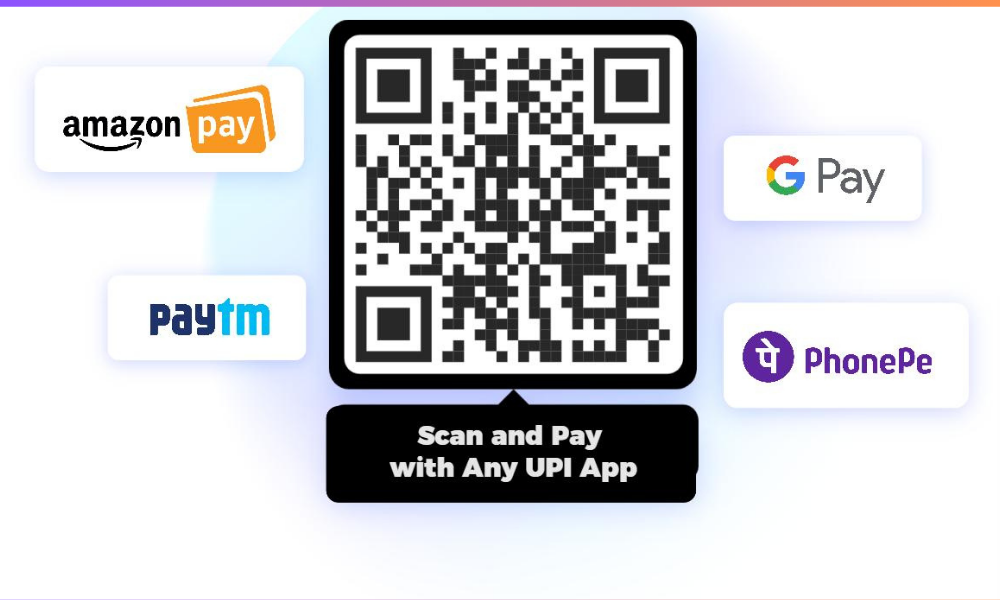UPI payment scams– Financial fraud in India comes in many forms, like UPI scams, QR code tricks, and unrealistic investment offers, and it’s becoming more complex over time.

UPI payment scams– As April Fool’s Day is here, it’s important to remember that not all tricks are harmless. In today’s digital world, scams are all around us, waiting to catch people off guard. Picture this: you get a sudden call from someone who says they’re from your bank, warning you about suspicious activity on your account. Worried, you give them your personal details, thinking it’s what the bank needs. But, without knowing, you’ve just been tricked by a clever scam.
UPI payment scams– Data from the Reserve Bank of India (RBI) shows that financial scams in India have been increasing. In the fiscal year 2023, bank frauds went over 302.5 billion rupees. This huge amount shows a worrying trend of more and more scams stealing people’s money. There are all sorts of scams, from UPI tricks to QR code scams and investment offers that promise too much. And they’re getting more clever all the time.
UPI payment scams– Recognizing the Scammers
Unexpected Messages: Be cautious of emails, calls, or texts you didn’t ask for, especially if they’re from people or places you don’t know. Usually, real companies don’t contact you without your permission first.
Feeling Rushed: Scammers might make you feel like you have to decide fast. They might say you need to act right away to avoid problems or to get something good.
Asking for Personal Info: Be careful if someone asks for your personal or bank details, like passwords or account numbers. Real companies hardly ever ask for these things, especially over the phone or by email.
Unexpected Tech Help: Be cautious of unexpected tech support calls or messages saying your device has a virus. Scammers might try to get control of your device or make you install bad software.
Unexpected Tech Help: Be cautious of unexpected tech support calls or messages saying your device has a virus. Scammers might try to get control of your device or make you install bad software.
Be Careful with Payment Requests: Watch out if someone you don’t know asks you to send money or gift cards, especially using unusual methods like wire transfers or cryptocurrency. Once you send it, it’s hard to get your money back.
Avoid Threats or Intimidation: Scammers might use threats or scare tactics to force you into doing what they want. Keep in mind that real companies don’t use these methods to talk to customers.
UPI payment scams– How to Stop the Scammers
UPI payment scams– Be Cautious with App Downloads:
Use Two-Factor Authentication (2FA): If you can, turn on 2FA for your online accounts. This extra security step needs a second check, like getting a text or notification from an app, to stop someone from getting in without permission.
Be Careful with Emails and Calls: Watch out for emails or calls you didn’t ask for, especially if they want personal or bank details. Check if the sender or caller is real before you answer, and don’t click on any strange links or files.
Keep Your Devices Safe: Make sure your devices have the newest security updates and antivirus programs. Keep your operating system and apps up to date to fix any weaknesses that scammers might use.
Use Safe Wi-Fi: Don’t do important money stuff on public Wi-Fi. If you have to, use a Virtual Private Network (VPN) to keep your internet connection private and stop anyone from snooping on your info.